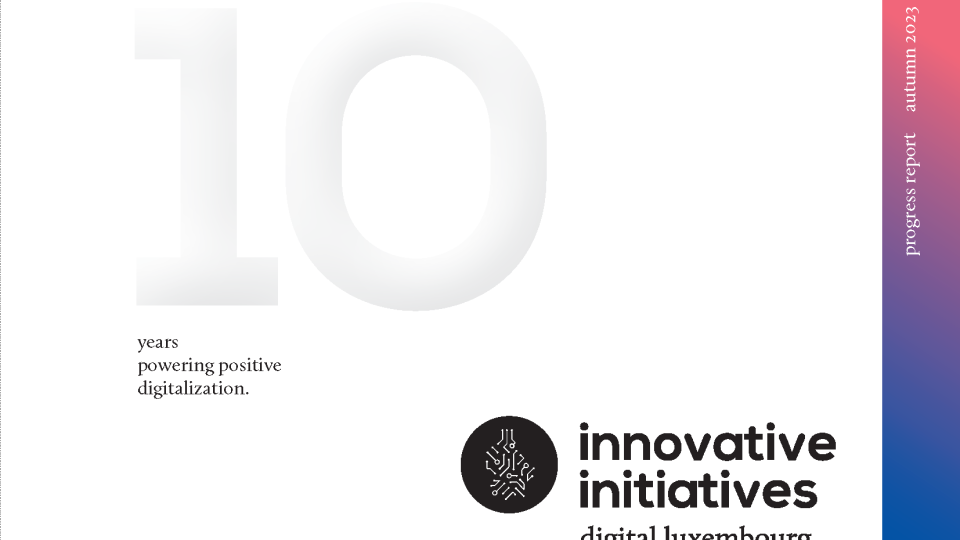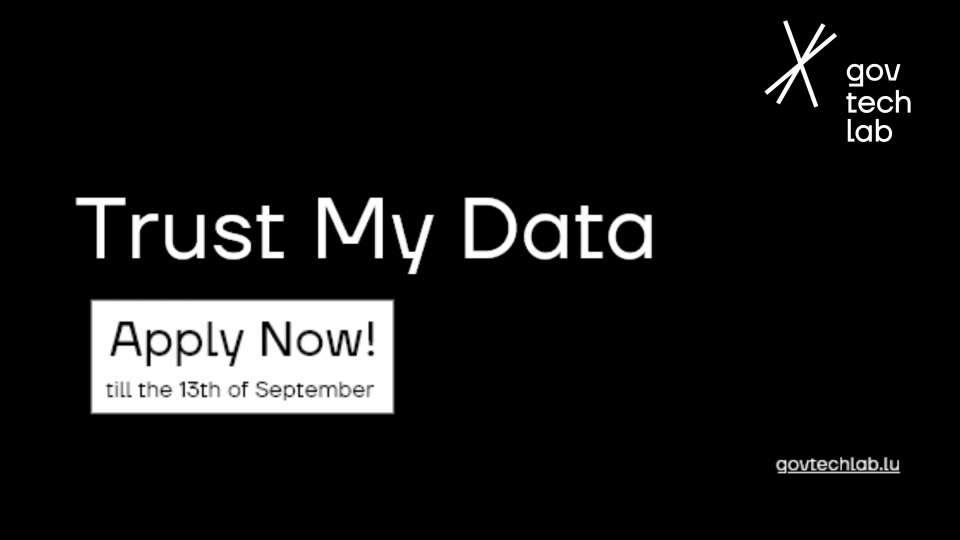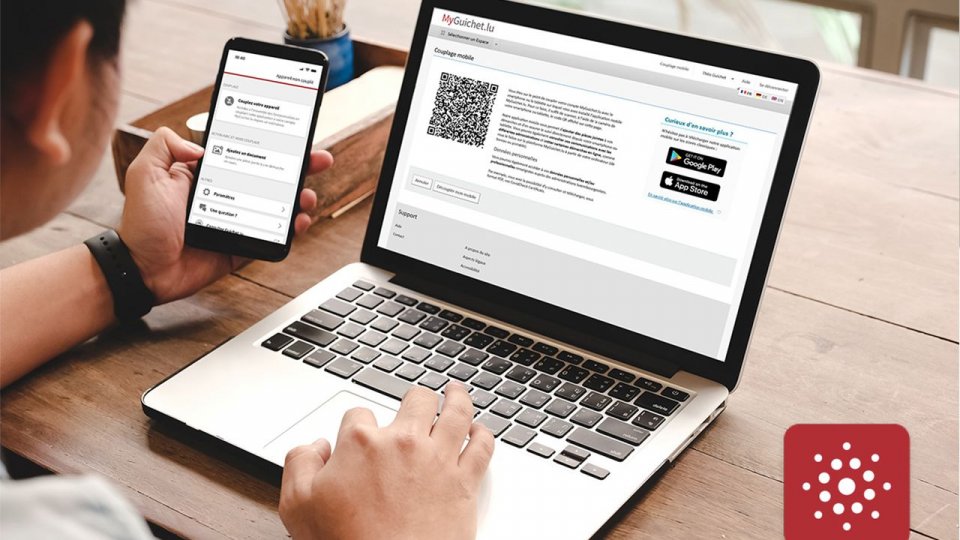Digital Economy & Social Index tracks Europe’s digital progress in 2022
In July, the European Commission released its 2022 installment of the Digital Economy & Social Index (DESI) report, placing Luxembourg in eighth position out of 27 EU Member States. The ranking draws upon four central areas of digitalization: human capital, connectivity, integration of digital technology and digital public services.
“The DESI results confirm that Luxembourg has chosen to prioritize the right areas, ” said Anne-Catherine Ries, First Advisor to the Government, Department of Media, Connectivity and Digital Policy (SMC). “From skills to new technologies to connectivity, our multipronged 2022 initiatives continue to propel our digitalization forward.”
In the category of human capital, Luxembourg ranks sixth, thanks largely to the ongoing introduction of new skills development programs. Digital skills opportunities primarily address employees (e.g. The Digital Skills Program), jobseekers (e.g. Basic Digital Skills, Fit4DigitalFuture) and students (e.g. digital science in secondary schools).
Luxembourg’s share of ICT specialists slid above the EU average. Notably, 20% of those specialists are women—up by four percentage points since 2019. Despite this progress, a shortage in ICT specialists persists both in Luxembourg and across Europe, a potential bottleneck for digitalization that has warranted the administration’s ongoing attention.
In terms of connectivity, at 98.4%, LTE coverage rests well above the EU average, while 5G coverage sits below it. Recent developments in Luxembourg reflect a commitment to accelerating 5G adoption. Its Ultra-high-speed Broadband Strategy was specifically designed to diminish the digital divide and boost telecommunications competition.
Two successful rounds of the national 5G calls for projects, led by the Department of Media, Connectivity and Digital Policy, conclude this year with 11 5G-based projects, which hope to realize tangible 5G-based benefits for Luxembourgish society.
“To contribute to society, 5G needs to move from the lab to the market. We’re seeing a rise in 5G applications and 5G coverage, but there’s still so much opportunity, ” added Anne Miller, 5G team member at the SMC. “We still see a lot of untapped potential. And the first two 5G calls for projects are a start.”
New Technologies, one of the SMC’s priority areas, stretch from AI to blockchain to HPC. Call for projects AI4Gov encouraged ministries to explore the adoption of AI solutions, while Luxembourg’s Strategic Vision for AI sought to focus the country’s trajectory. Other efforts linked to the commercial integration of digital technologies include MeluXina, Luxembourg’s 10-petaflop supercomputer; Infrachain, an operational blockchain project working to harmonize blockchain’s transparency and regulatory realities; and accelerators like the LHoFT and Technoport.
With the introduction of the Ministry of Digitalization, digital public services are getting the undivided attention required to evolve, for example through the introduction of the GovTech Lab, a pilot project centered on digitizing and securing state data. Guichet.lu continues to spearhead the development of new digital services for citizens, along with access to personal data.
The DESI Report 2022 gives Luxembourg a snapshot of the opportunities and challenges facing Luxembourg and Europe, endorsing the digital strategies and initiatives already in motion and highlighting areas for continued growth.







